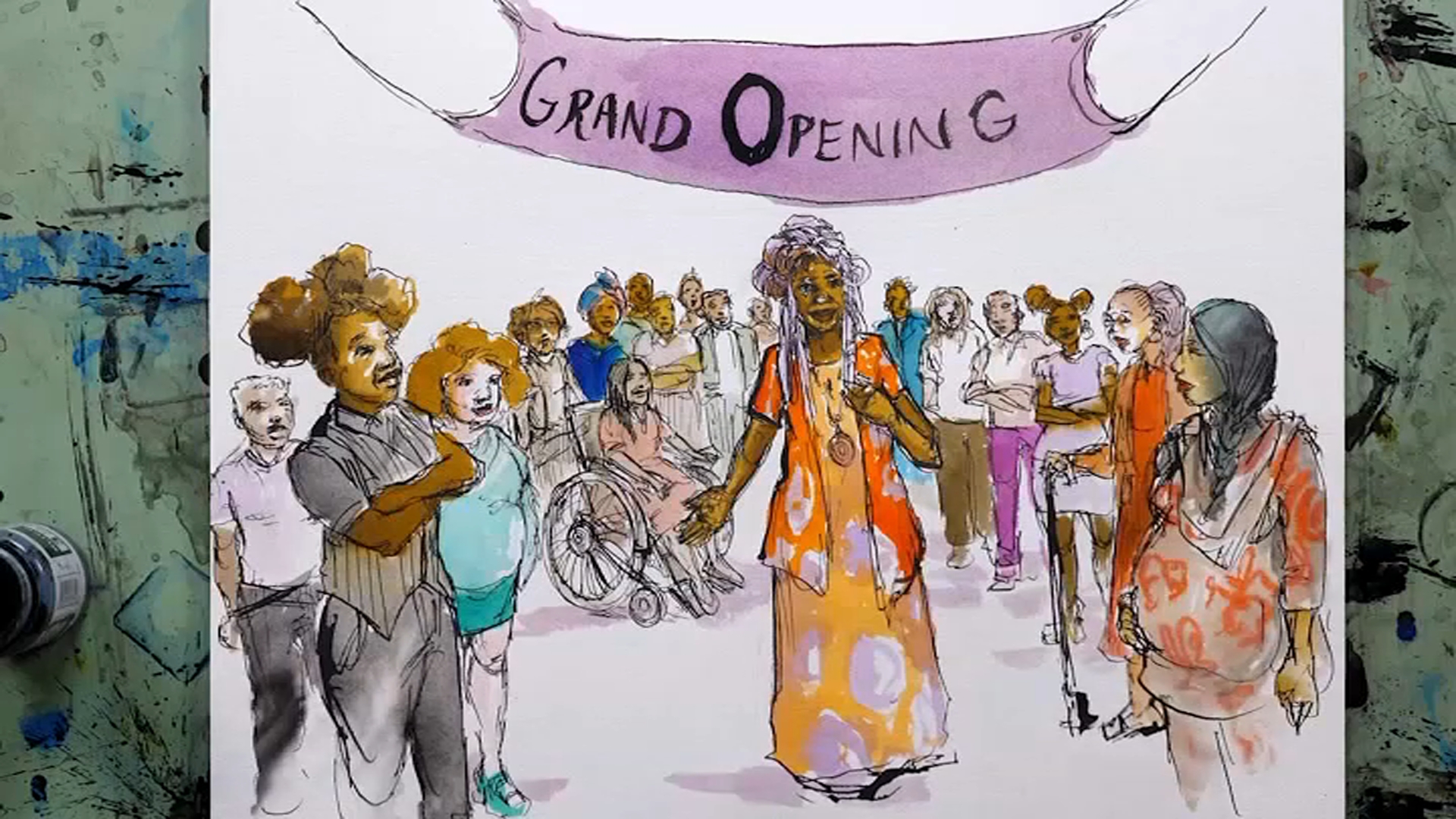
The Massachusetts Department of Elementary and Secondary Education is in the process of developing a genocide education framework three weeks after Gov. Charlie Baker signed a bill mandating public schools teach students the history of some of the world's worst atrocities.
The education law, passed by the Legislature in November, is heralded by supporters as one way to make sure younger generations do not forget about mass killings and genocides. At a ceremonial bill signing on Wednesday in the State House Library, Baker said it will go into effect "as soon as that framework is developed and processed with our colleagues in local education."
"Generally speaking, while this is a requirement, we do want to make sure we process this through our colleagues in local government because they are the ones who will ultimately be responsible for delivering it," Baker said.
According to a Dec. 6 update from state Education Commissioner Jeff Riley, local school districts must comply with the law starting in the 2022-2023 school year and instruction on the history of genocide must stay consistent with standards in the Massachusetts History and Social Science Curriculum.
Get New England news, weather forecasts and entertainment stories to your inbox. Sign up for NECN newsletters.
Both Jewish and Armenian advocates and legislators joined Baker on Wednesday at the signing including Anti-Defamation League New England Regional Director Robert Trestan, who said genocides like the Holocaust and Amernian Genocide "received a second life" as a result of the law.
"Their murder and the factors that allowed it to happen will be known and will be understood by all who live in the commonwealth. And while the focus of genocide education is about the lessons of the past, our focus must be on the future," Trestan said. "Prioritizing genocide education is an investment in a commonwealth free of hate and bigotry, and a world without genocide."
The law mandates public schools in Massachusetts teach the history of genocide and also sets up a Genocide Education Trust Fund to help districts develop curriculum, host trainings, and provide professional development courses. A portion of the money used to fill the fund would come from fines imposed for hate crimes or civil rights violations.
Local
Baker formally signed the proposal into law at the start of December, setting up a requirement for schools to teach students about mass atrocities. About 19 other states had already enacted similar requirements at the time of the signing.
Armenian Assembly of America Massachusetts State Chair Herman Purutyan said he knows what it's like to grow up in a community where genocide was not taught, not acknowledged, and denied. Born in Istanbul, Turkey, Purutyan said he came to learn that asking questions about Armenians in the country "was to open ourselves to threats."
"In fact, I first learned about the genocide when I came to this country in my 20s," he said. "Continuous animosity, division, fear, and isolation prevented Armenians and other minorities from accessing their full potential as free and responsible citizens in Turkey."
Education Committee House Chair Rep. Alice Peisch, D-Wellesley, said Massachusetts generally leaves decisions on what is taught in classrooms to local officials, but this law is "one of those rare occasions" where the Legislature thought a mandate was appropriate.
"We all realized that too many districts were failing to teach to the state standard regarding genocide, thus increasing the probability that history could repeat itself, a concern unfortunately heightened by recent increases in anti-Semitic and racist behaviors in some of our schools," the Wellesley Democrat said.
Rep. David Muradian, R-Grafton, an Armenian American, said Armenians have grown up with stories passed down from generation to generation "of the horrific events carried out at the hands of the Ottoman Empire, each story seemingly more gruesome than the previous."
"Yet, we as Armenians have never let that define us. In fact, we have used it to drive us. We are driven to be contributing members of society and even more importantly, it drives us to be educators, and informers," he said. "We are committed to ensuring our youth, now and in the future, know our past so that we do not hopefully have anyone to repeat it in the future."



